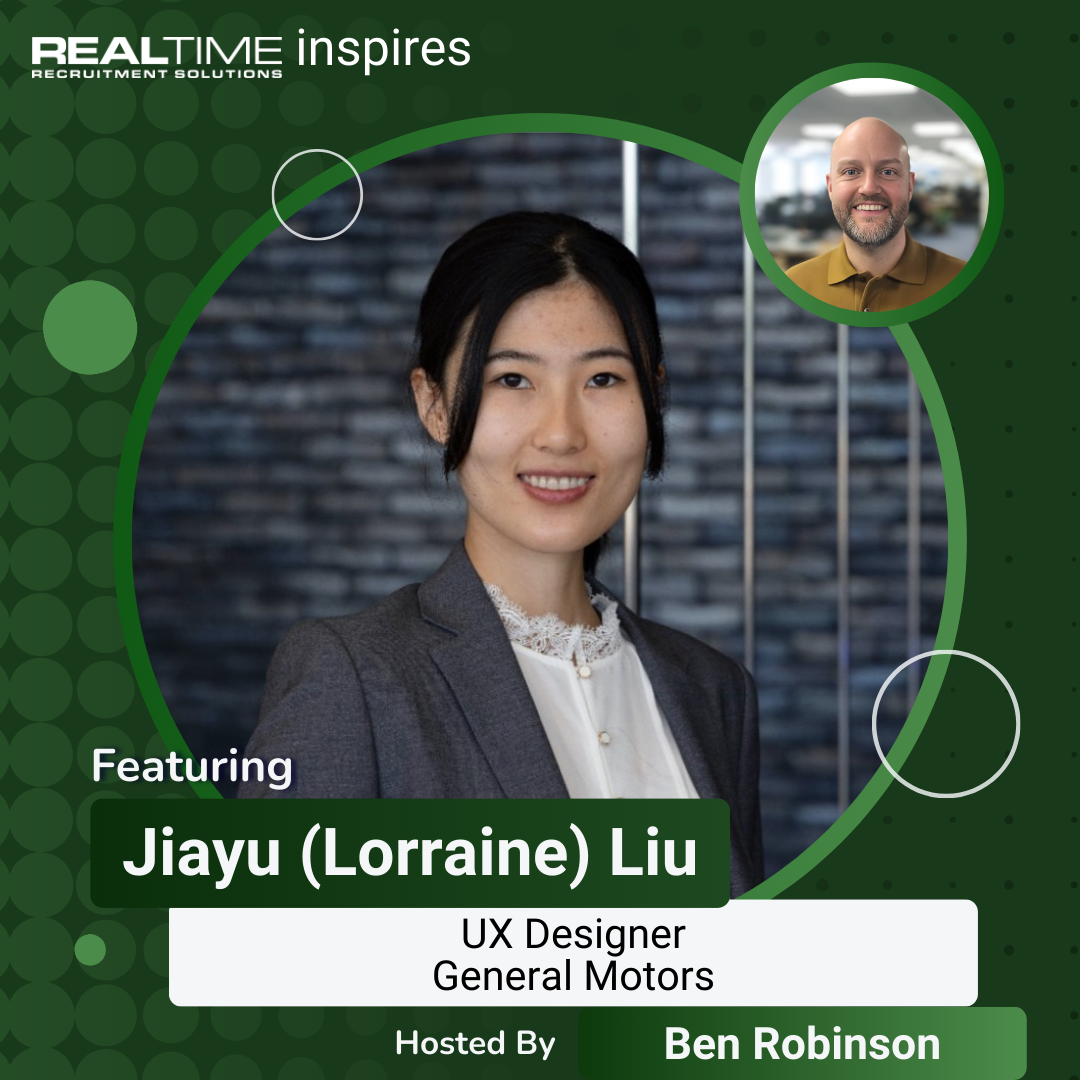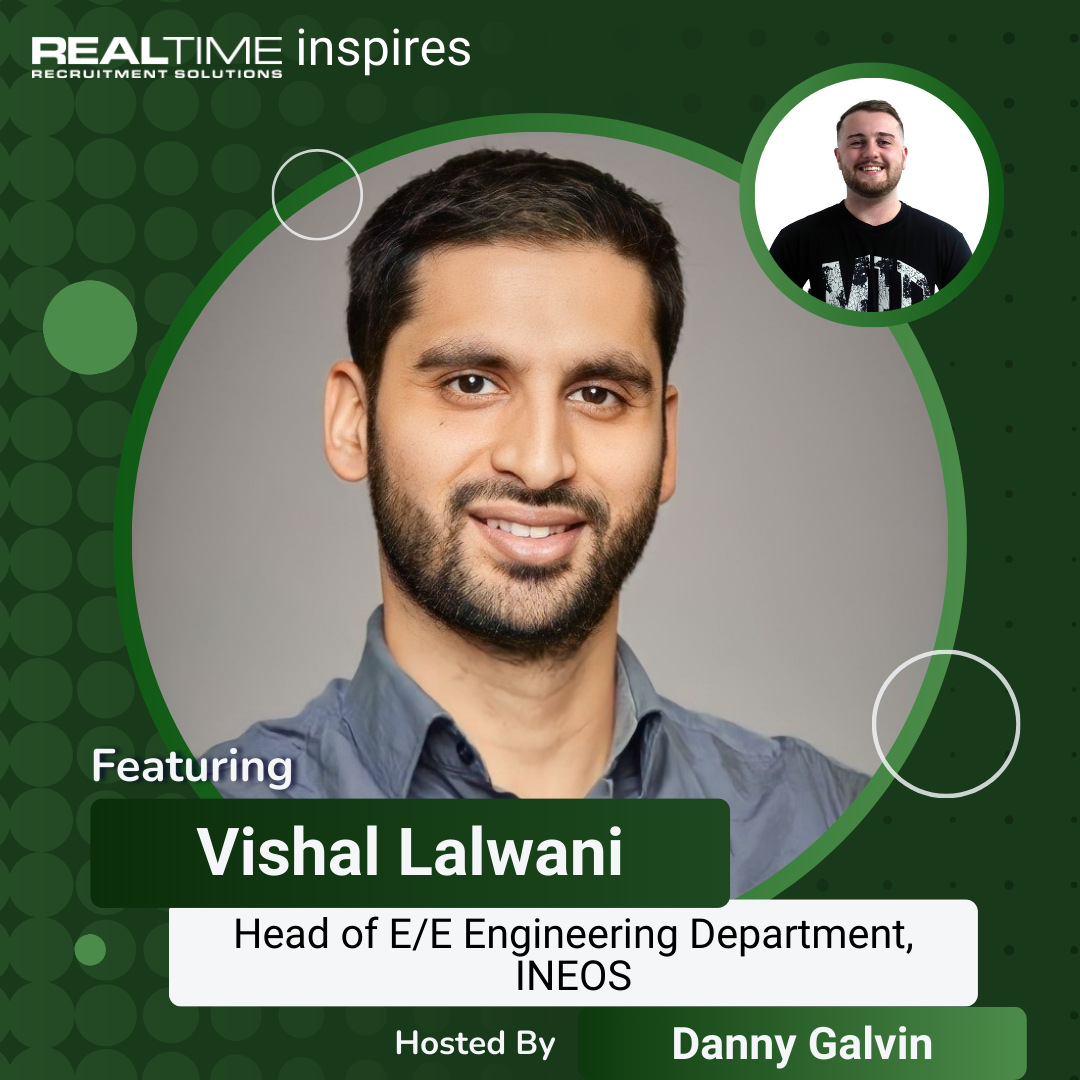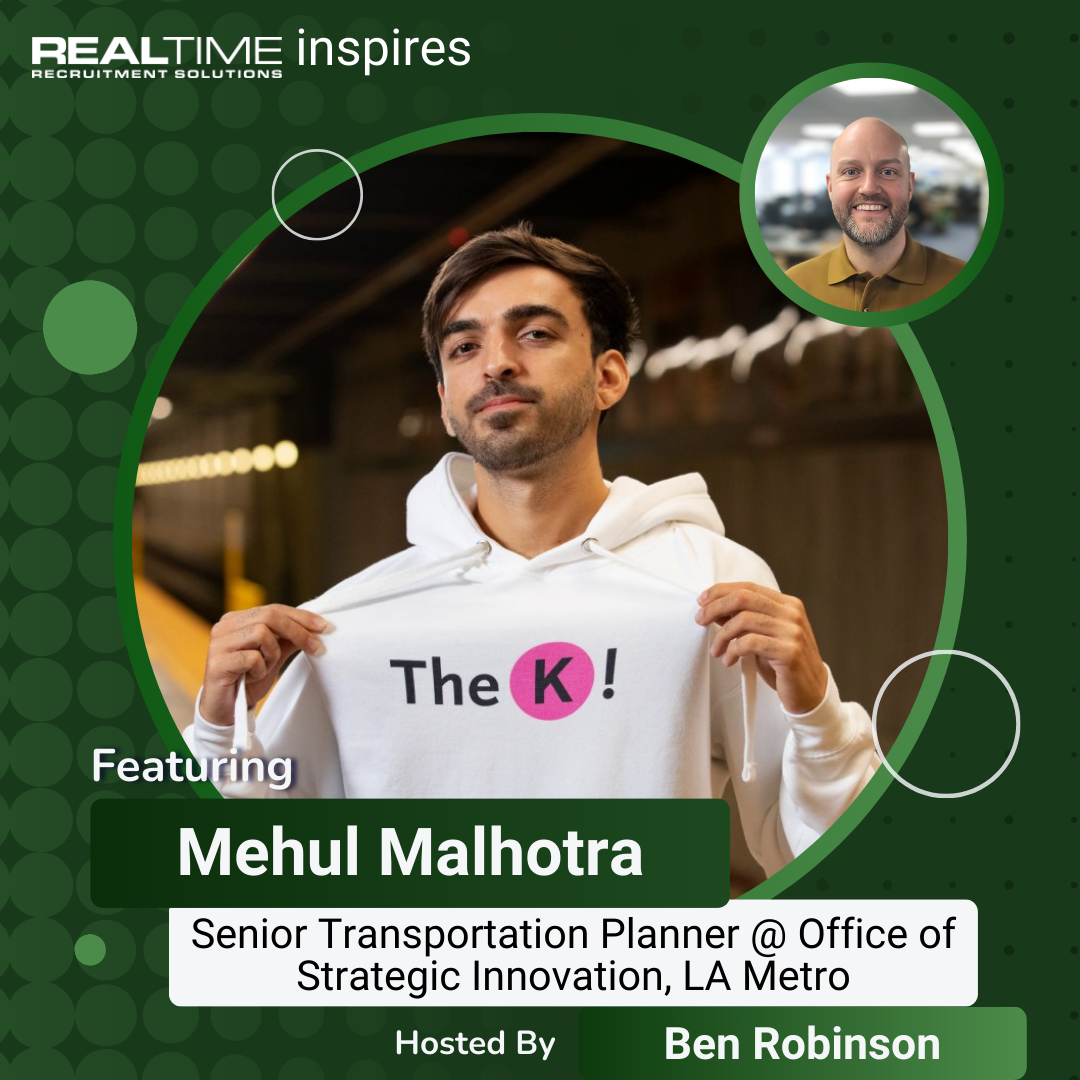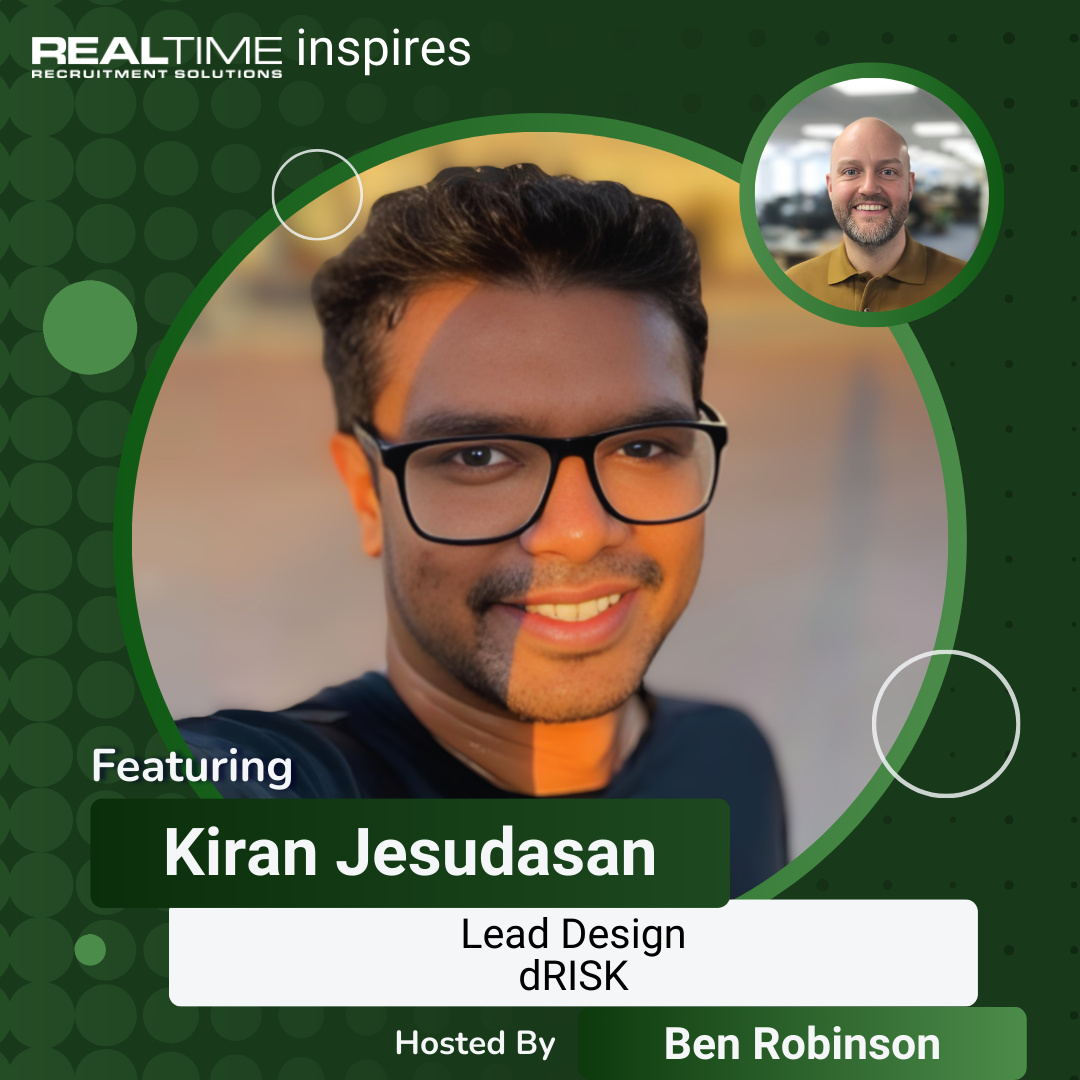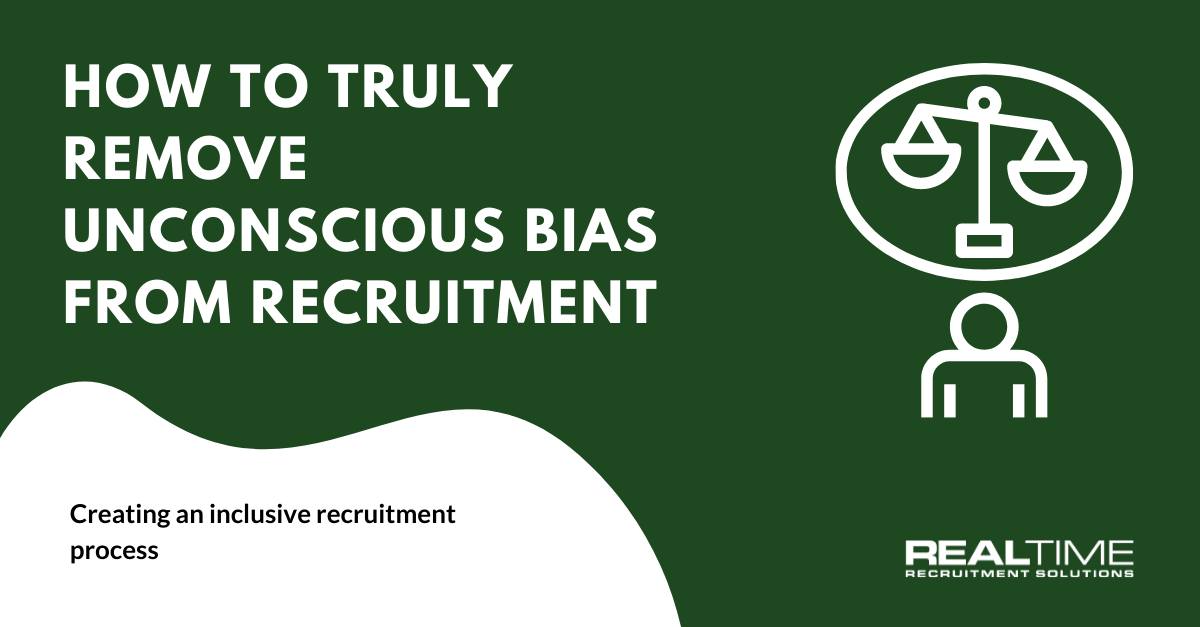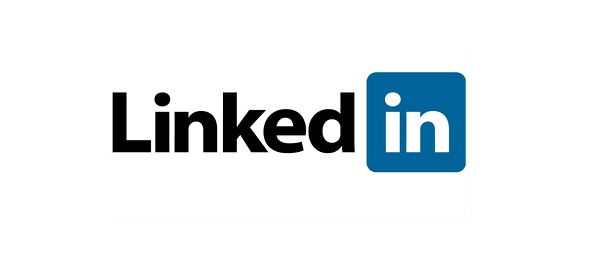
Do you have any questions for us? How to ace the end of an interview
You’ve done it. You turned up early, looked smart, maintained eye contact, answered every question perfectly, you even got a couple of laughs. The interview has gone well, but now you’re sat there, all eyes on you, being asked: “do you have any questions for us?”
The end of an interview can be the make-or-break between you and your very talented engineering competition. Ask about perks and benefits, and it sounds like money is your only motivator. Ask nothing, and it suggests that you’re not interested in learning more about the position.
RTRS’ recruitment consultants conduct interviews, and advise on interviews, all the time. We’ve tapped their expertise on how to ace the end of an interview and get them calling you back for more!
Prepare
The biggest advice from us is to prepare. The end of an interview is your opportunity to find out more about the company and whether it’s a fit for the next step in your engineering career. You don’t want to get to your first day in your dream ‘next step to management’ job, to find out that the hierarchy is flat and opportunities for progression are slim. Before you get to the interview, understand what you want from the position in terms of progress, culture and challenges, and use the end of the interview to find out if the company fits the bill.
How would you describe the company’s culture? Will I have an opportunity to meet the team as part of the interview process?
Research
Asking insightful questions at the end of an interview is an easy way to continue selling yourself, while learning more about them. Research the team, competition, financial figures and recent activities to prepare questions that will shed light on their future, and how you fit into that.
I notice your competitor has brought out a new product, how do you plan to compete with that? Your financial results show significant growth over the last year, how will this position help to sustain that?
Expand on the information you already know
Asking a question that you could have easily asked us, gained from the job description or found out from the website, shows a lack of preparedness and interest. Instead, find out what you can before the interview and expand on it at the end of the interview.
I was really attracted by your Investors in People accreditation and understand that employees’ continued professional development is really important to you. Will there be opportunities to expand my skills beyond my immediate technical expertise? I saw that you completed X project this year – tell me about the challenges that the team had to overcome.
Understand what will be expected of you
You’ve read the job description, been briefed by your recruitment consultant and learnt more about the engineering position in the interview. You know what the job entails on paper, and you know you have the engineering skills to match – but what about in practice? Use this stage of the interview to understand exactly how your performance will be measured, and against what targets, so that you can understand if it will challenge, swamp or bore you.
What are some of the KPIs that I’ll be measured against? What will be my three most pressing priorities within the first six months?
Show your skills and expertise
Just because you’ve got through their questioning, doesn’t mean that you’re off the hook in showing off your engineering skills and talents. Apologise to any non-engineering members of the panel and then delve into the nitty-gritty, asking technical questions that will help you to really understand the position, company and working practices.
How soon is code submitted to the repository deployed to the production? What software development methodology do you use? What test methodology do you use? What calculation software do you have?
Find out what you really want to know
We’re not talking salary, benefits and annual leave (ask us that one) but in reality, you want to know that it’s a nice place to work, that will treat you well and make you want to stay. Don’t throw the interviewers right into the spotlight, but do gauge how they (and others) feel about the company.
Why has this position become available? What’s your favourite aspect of working here? What’s your management style like?
Have I answered all of your questions?
A great end of interview question trick is to the throw the ball back into the interviewer’s court, and check that you haven’t left any of their questions unanswered. Asking the interview panel if there’s anything you’ve missed is a great way to address any uncertainties that they may have.
Now that you’ve got your end of interview questions planned, it’s time to get the interview. Speak to one of our consultants today to discuss the next step in your engineering career.
